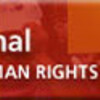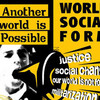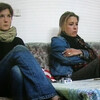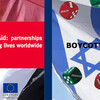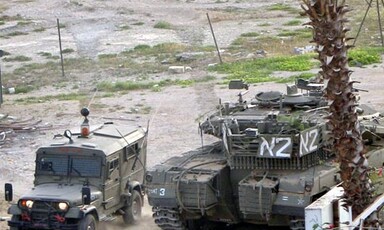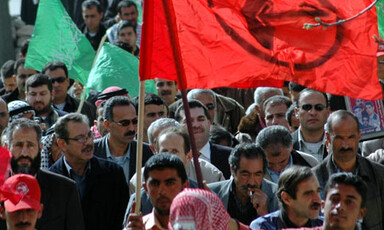
Media watchdog calls for the release of three journalists kidnapped in Gaza City
14 March 2006
Reporters Without Borders has voiced concern about the kidnapping of two French journalists, Caroline Laurent of “Elle” and Alfred Yaghobzadeh of “Sipa”, and South Korean journalist Yong Tae-young of KBS on 14 March in Gaza City, hours after an Israeli army raid on a prison in the West Bank city of Jericho. “We call on the kidnappers to free their hostages, who were just doing their job as journalists and can in no way be held responsible for Israeli army operations in the West Bank, and we call on the Palestinian authorities to do everything possible to locate them and ensure they are returned safe and sound to their families,” the organisation said. Read more about Media watchdog calls for the release of three journalists kidnapped in Gaza City

